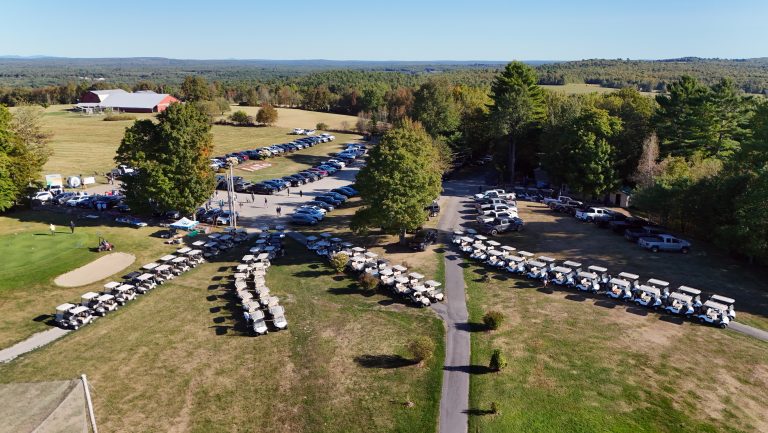Professional Logging Contractors (PLC) of Maine attends congressional field hearing to oppose Katahdin Region national monument
EAST MILLINOCKET – The Professional Logging Contractors (PLC) of Maine attended a congressional field hearing today on the controversial plan to create a national monument in the Katahdin Region in order to oppose the monument based on the concerns of Maine loggers.
The House Committee on Natural Resources hearing was organized at the request of U.S. Rep. Bruce Poliquin and held in the East Millinocket Town Office before a capacity crowd this afternoon following a morning tour of active logging roads and sites in the region where the monument is proposed.
“We are grateful to Congressman Poliquin for organizing this hearing and for the chance to voice some of the many significant concerns Maine loggers have about the proposed monument,” PLC Executive Director Dana Doran, who spoke at the hearing, said. “Many of those concerns are not being heard, and today was an opportunity to remedy that and to examine the very real negative effects a north woods monument would have on the logging industry now and in the future.”
The establishment of a national monument in the region on land that would be donated for the purpose by Elliotsville Plantation Inc. (EPI) is widely acknowledged to be a strategy to bypass Congress in order to accomplish EPI’s ultimate goal, establishment of a national park in the north woods of Maine.
The PLC opposes the national monument based on multiple concerns including issues of land access for loggers, opposition to the park in communities neighboring the park zone, a chilling effect on forest products industry investment the establishment a monument would have, and safety worries surrounding the sharing of logging roads with tourists.
The reality of those concerns and of other issues associated with a national monument was readily apparent to those joining the morning tour, as members of the committee viewed opposition signs on access roads to the area in question, watched heavy logging trucks moving on roads that would be shared with tourists under the plan, and talked to workers and business owners in the region afraid that the good jobs left in the forest products industry are being ignored by monument supporters and the media to make the case that a monument is the only option for the area.
 Some risks and potential losses have even been substantiated by EPI’s own studies. According to a 2015 wood flow study commissioned by EPI, “It is hard to believe that given a National Park scenario that the private land along the park would remain in timber production.” This would jeopardize the livelihoods of over 50 PLC members who are within a 60-mile radius of Millinocket and over 1,000 of their employees. These jobs will not be replaced in number or salary by the jobs that “may” be created in a national monument scenario on land half the size of EPI’s original proposal.
Some risks and potential losses have even been substantiated by EPI’s own studies. According to a 2015 wood flow study commissioned by EPI, “It is hard to believe that given a National Park scenario that the private land along the park would remain in timber production.” This would jeopardize the livelihoods of over 50 PLC members who are within a 60-mile radius of Millinocket and over 1,000 of their employees. These jobs will not be replaced in number or salary by the jobs that “may” be created in a national monument scenario on land half the size of EPI’s original proposal.
While the PLC has a deep respect for the rights of private landowners, the organization also believes it is their responsibility to act in ways that do not harm the livelihoods of their neighbors.
The PLC has also been concerned by the lack of responsiveness from the Obama administration to concerns raised by park opponents; in December 2015 the PLC sent a letter to the President outlining those concerns and seeking a response. None has been received to date despite assurances in March from Christy Goldfuss, Director of the White House Council on Environmental Quality, who oversees the Department of Interior, that a response would be forthcoming.
Even more troubling, at the meeting where Ms. Goldfuss assured the PLC a response would be made, she also indicated she had been led to believe that the forest products industry around the EPI land was dead and there would be no impact to the industry from the creation of a monument – clearly the full story had not reached Washington D.C.
Additional pictures from the day below:











